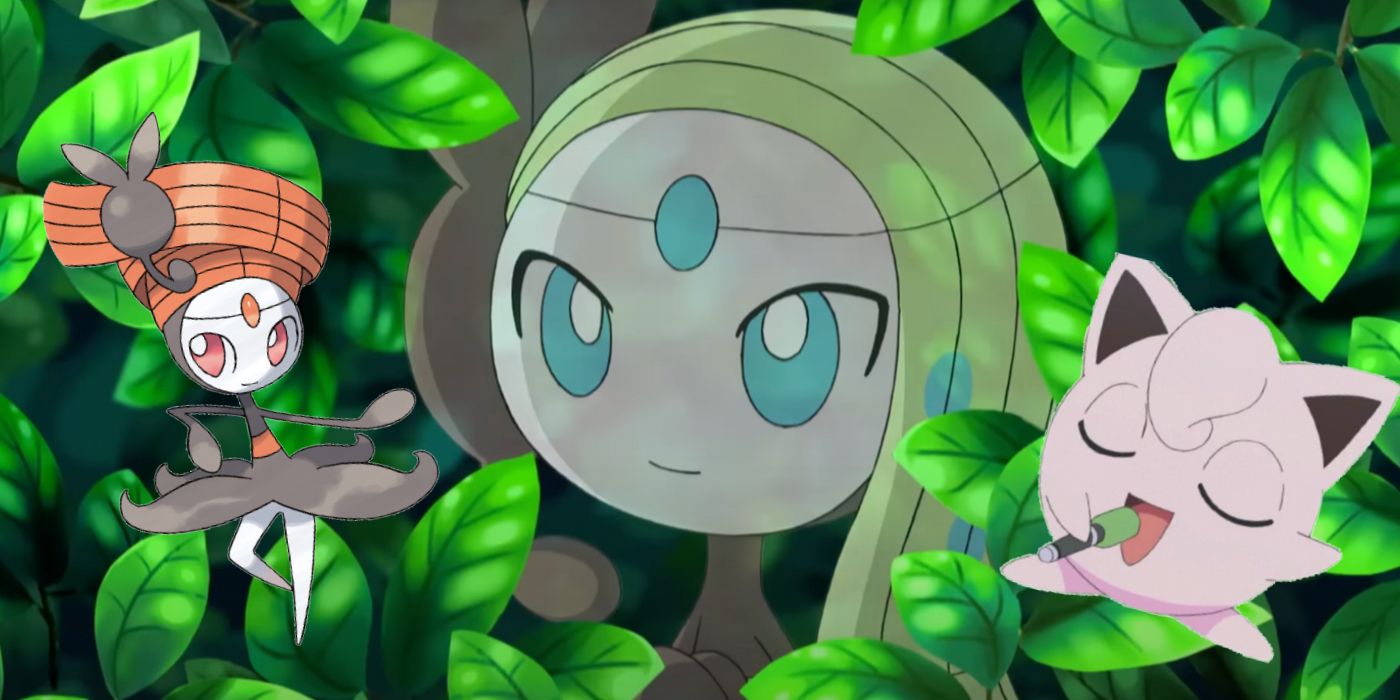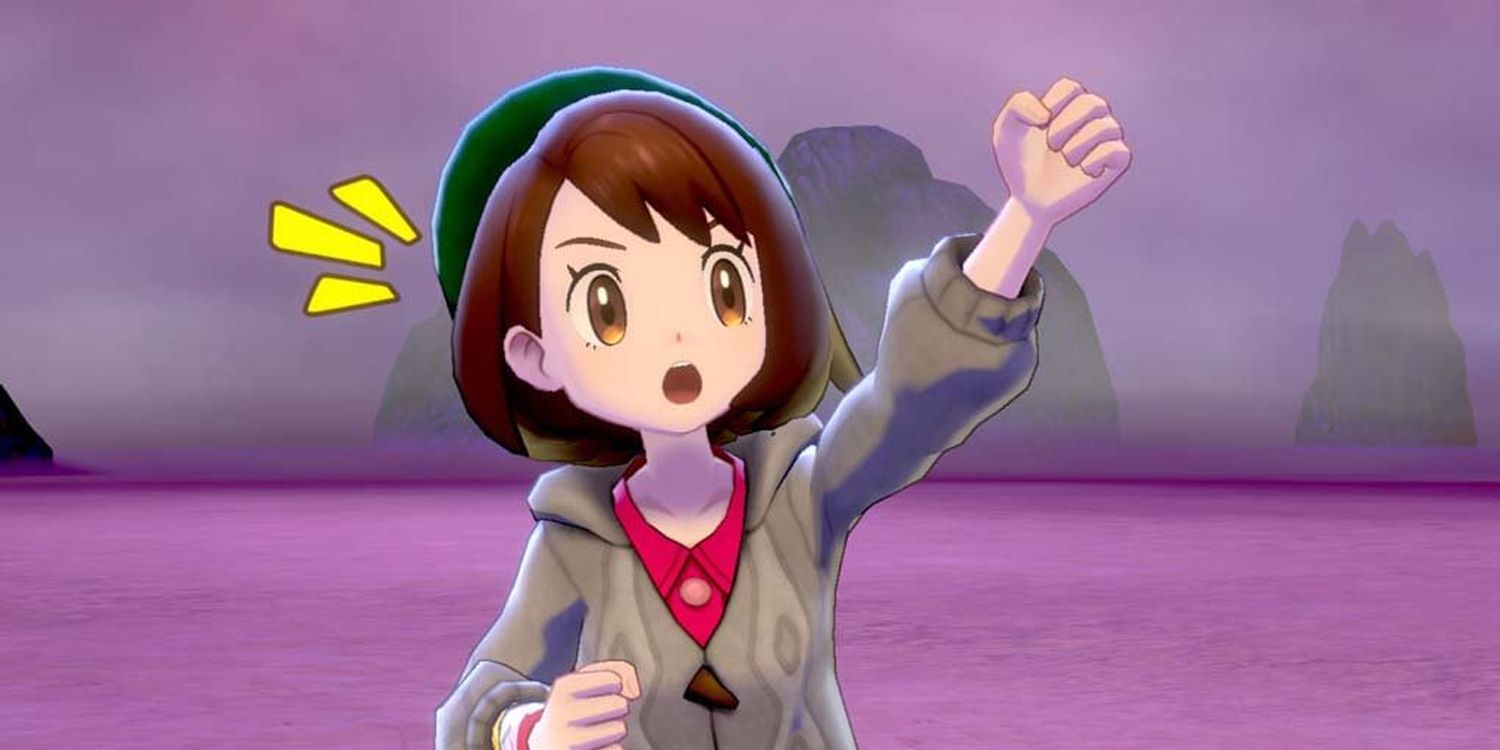Voice acting has long been a contentious issue in the Pokémon community. As the games have evolved from 2D linear journeys to 3D open-world adventures, integrating voice acting into the series has become the logical next step for Game Freak. Voice acting would help modernize the Pokémon franchise that some players see as stagnant and old-fashioned despite its popularity. Still, long-time fans of the series may view voice acting as a detraction from the classic Pokémon experience, which is at the heart of its appeal.
However, Pokémon Scarlet and Violet highlight why the series' continued lack of voice acting makes no sense. The target demographic of Pokémon has always been young children. The youth of today have grown up on open-world titles like Mario Odyssey and Breath of the Wild. Game Freak is finally adopting the open-world genre with Scarlet and Violet and Legends Arceus, in turn making the series more accessible and appealing to younger kids than ever before. Voice acting would only make Pokémon more accessible for younger audiences who may be learning to read. So beyond issues of modernization, Pokémon needs voice acting for the logical purpose of making its games approachable and appealing for its target audience.
Voice Acting Makes Sense For Pokémon’s Target Audience
One could make the argument that having texts rather than voice acting makes Pokémon an inviting space for younger players to practice reading. However, the process of learning to read varies between individuals, schooling systems, and countries. According to U.S. News, experts believe most children should learn to read by 6 or 7 in the US; even so, some children learn as early as 3 or as late as 8, but both will likely read at the same levels by 12 or 13.
Expecting children to have proficient reading levels by the time they play their first Pokémon game seems unfair given its E for everyone rating and varying age ranges for literacy. Voice-acting in Pokémon is the perfect solution for this issue, as it would remove the barrier of literacy for the series' younger players.
Furthermore, speech can have a beneficial effect on children’s language acquisition. APM Reports states that the “starting point for reading is sound. What a child must do to become a reader is learn how what she hears and knows how to say connects to the letters on the page.” For younger Pokémon players, then, having voice acting with a mixture of text would make Pokémon not only more accessible but helpful for their education and language acquisition. In fact, it would help a broader range of younger children with their speech and reading development, as it would remove the barrier of literacy from the games.
Of course, Pokémon was not designed to shape youths' brains and be educational. However, because a large part of its target audience is young children, making the gameplay experience more inviting and enriching for them should be Game Freak’s end goal. So, the only logical move for the Pokémon series is to introduce voice acting in future generations.
Sources: APM Reports, U.S. News, Pokémon/YouTube


